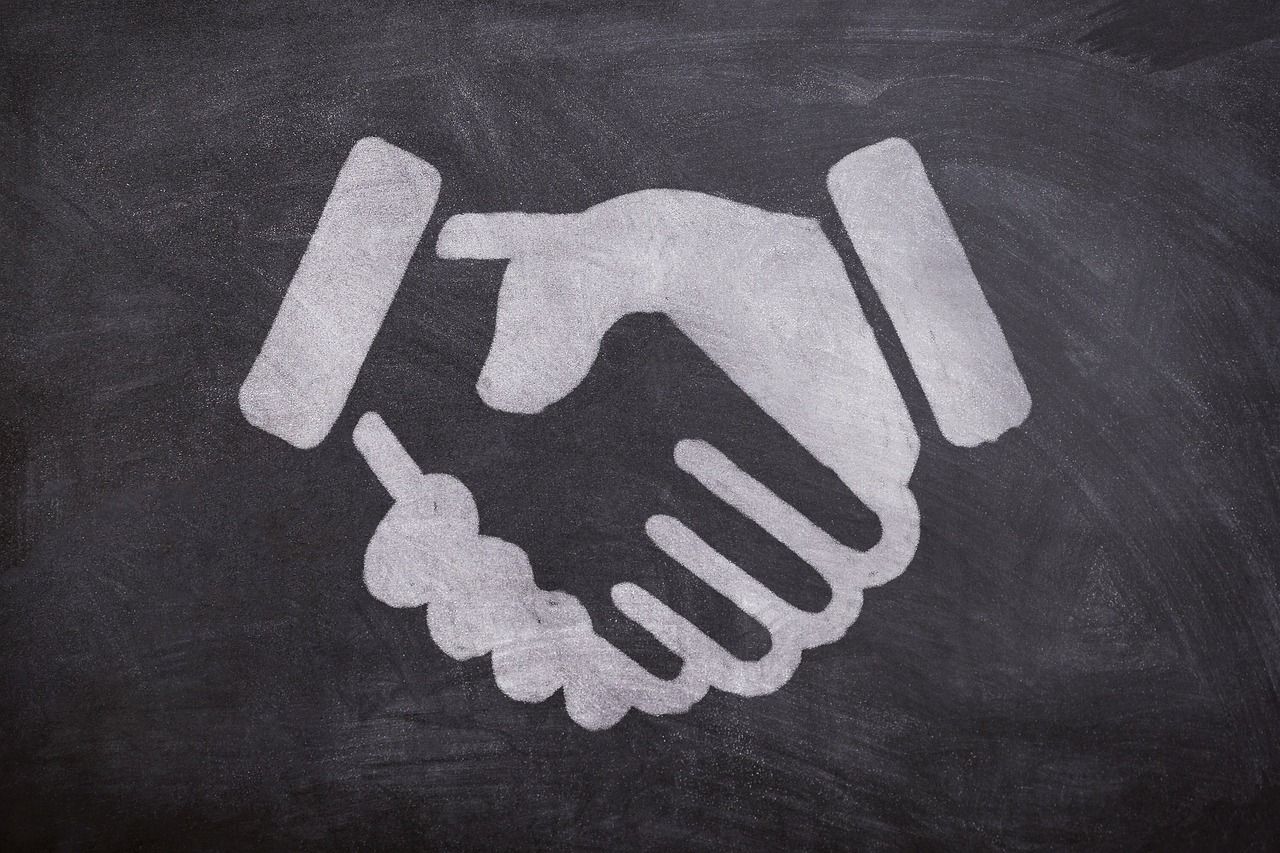- One percent of major DAO token holders control 90% of those institutions' voting rights.
- That realization has raised concern among sections of the DAO community.
Decentralized Autonomous Organizations, or DAOs, are gaining prominence with the evolution of the Web3 concept. Unlike traditional organizations, which are centrally controlled and often hierarchical, DAOs are decentralized and allow anyone to participate. While this model is still in its infancy, many believe that it has the potential to revolutionize the way we run institutions.
Though many have hailed DAOs for their new and democratic way of doing business, a new concern is emerging. A BanklessTimes.com data presentation raises issues about the growing centralization of DAO voting rites. The site reports that one percent of DAO token holders control 90% of these institutions’ voting rights.
Tyranny of the Minority
Observers argue that this concentration of power could lead to the centralization of decision-making within DAOs, which goes against their very nature. It can also be a problem if the major token holders have different interests than the rest of the DAO members.
Additionally, major token holders could block or delay decisions that are not in their favor, thus negatively impacting the DAO’s overall functioning.
BanklessTimes CEO Jayson AndrewsWhile DAOs offer many advantages, their decentralized nature can also lead to situations where a few people hold disproportionate power. The DAO culture hinges on governance by the members’ collective will. However, if a few token holders control the majority of voting rights, they can effectively dictate the DAO’s direction. This could lead to the centralization of power within DAOs, defeating the purpose of having them in the first place." He concluded by urging DAO developers to be aware of this potential pitfall and to take steps to prevent it.
The CEO also called for token holders to be more mindful of their voting rights and use them to promote decentralization rather than concentration of power.
Mitigating the Centralization of DAO Voting Power
Voting rights are a vital component of DAOs as it allows stakeholders to have a say in the organization’s direction. Token holders can vote on proposals that impact the organization, and the weight of their vote depends on the number of tokens they hold.
Therefore, the DAO must distribute its voting rights evenly among all community members. This will help ensure that decisions are made democratically and transparently and that all members have a say in how the DAO runs.
Merry suggests that DAOs institute measures to mitigate the concentration of voting power among a few members. Those include capping the number of votes that any member can have or ensuring that all members have an equal say in decisions. Such a move would also make it more difficult for whales to exert their influence.
DAOs and Their Potential Applications
DAOs are gaining traction in various industries as they offer some advantages over traditional organizational structures. Besides their decentralized nature, they are also transparent, allowing for greater accountability and transparency in decisions.
Furthermore, they are borderless, which allows them to operate globally without the constraints of geographical boundaries. Additionally, DAOs are not subject to the same regulatory constraints as traditional organizations. This quality could allow them to operate more efficiently and effectively without worrying about complying with complex regulations.
One of their most promising applications is in the field of online governance. DAOs could offer a more democratic and decentralized way of managing online communities. Moreover, another of their potential applications is in the management of distributed energy resources.
They’ve also found usage in creating decentralized exchanges, lending platforms, and insurance schemes. Ultimately, DAOs hold great promise for making various aspects of our lives more efficient and democratically managed. As their adoption spreads, we will likely find more innovative applications for them.













